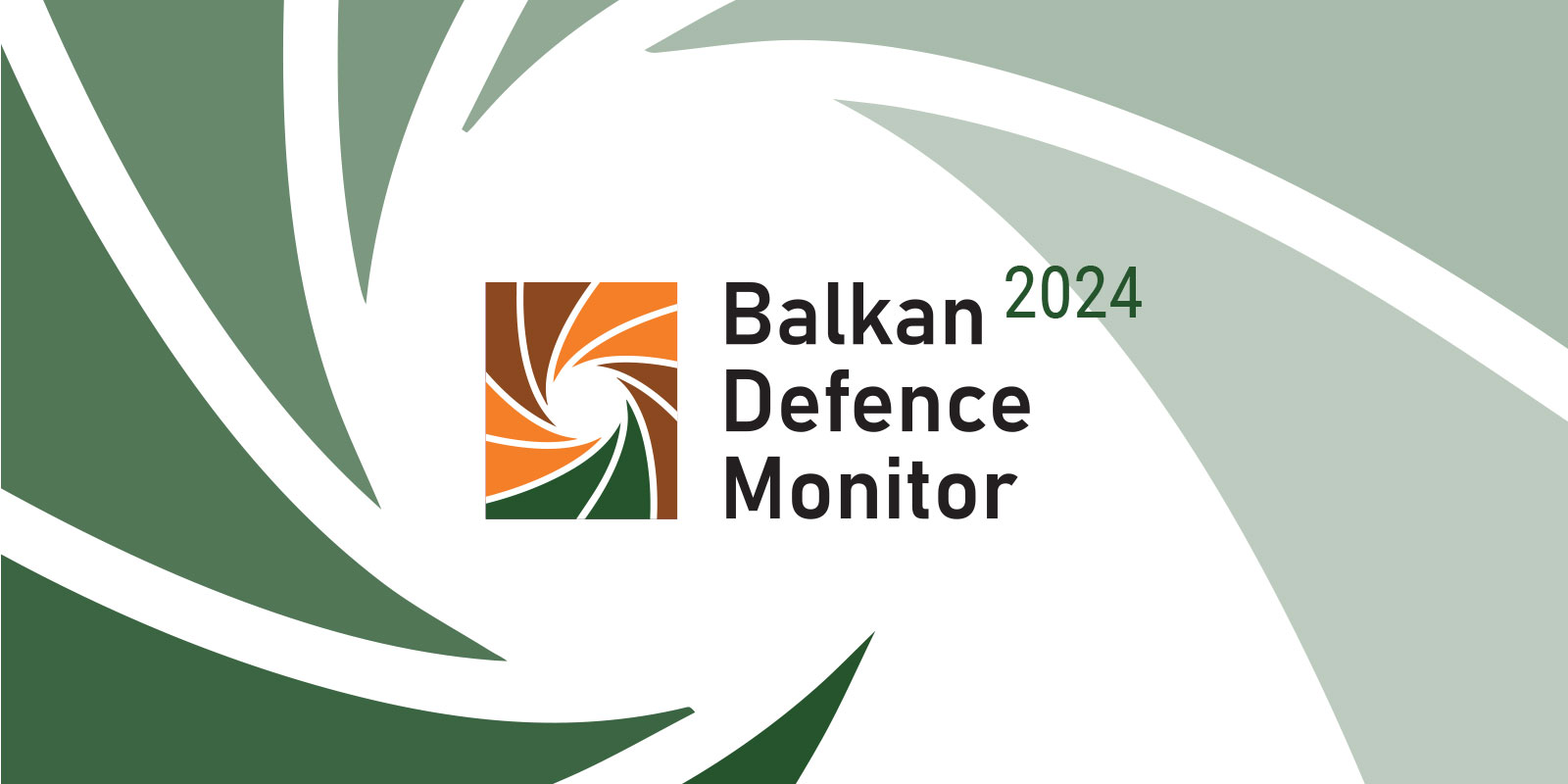PUBLICATION: Analysis
There is No Democracy in Serbia, nor is it Desirable
What do the citizens think about the state of democracy in Serbia, how much do they trust the institutions and are they ready to join an activist initiative? We present you an analysis of citizens' attitudes on these topics.
Almost one third of the Serbian citizens feel that there is no democracy in the country, while half of them believe that it does exist, but that it experiences smaller or bigger problems. This opinion is shared mostly by young people and the population aged 30 to 39, as well as by citizens who live in Belgrade. The explanation for this view can be found in the citizens’ assessments that the main state decisions are made by the executive power, that politicians use power for the realisation of their personal interests, and that corruption – from either domestic or foreign sources – is the main driving force in the state. Consequently, almost two thirds of the population believes that politicians, organised in interest groups, abuse power for the sake of their own personal interests. They do this through the Government and the Parliament, the judiciary and the police, the state-owned enterprises and public companies that serve to manage significant public resources, and through the media as instruments that are used to legitimise the actions of politicians. These views of the citizens have been reflected also in the perception of corruption; they thus believe that political parties, the government, the judiciary, the police and the media are among the most corrupt actors in the country. In addition, 86% of the respondents believe that employment in public administration and state-owned enterprises can be gained only through corrupt mechanisms, i.e. bribery or political/family ties.
The Belgrade Centre for Security Policy conducted a public opinion poll in the period from mid to late September 2021, face-to-face, on a sample of 1,000 Serbian citizens.
The data presented in the report derive from the Western Balkans Security Barometer (WBSB) survey. WBSB is a new regional initiative launched by KCSS in 2020, implemented in cooperation with the Belgrade Centre for Security Policy (BCSP) in Serbia and Center for the Study of Democracy and Governance (CSDG) in Albania, supported by the National Endowment for Democracy (NED). WBSB serves as an instrument to measure public perceptions in Albania, Kosovo and Serbia on different security-related issues. The findings demonstrate how citizens percept or are informed about the issues presented in this report. As such, the views presented in this report do not necessarily represent the views of the KCSS, BCSP, CSDG or NED.
Tags: democracy, public opinion, survey
PDF PREVIEW
RELATED

Date: 26.03.2025.
Author: Isidora Stakić |
Human rights defenders are people who act, individually or jointly, to advance human rights and fundamental freedoms and fight for their protection at the local, national and international levels.

Date: 13.06.2024.
Author: Jelena Pejić Nikić | Predrag Petrović |
There are many findings of domestic and foreign research organisations that unequivocally indicate that Serbia is a captured state, with a hybrid political regime. Security institutions play a major role in the capture of the state and the collapse of democracy in Serbia, as well as in preserving the situation the way it is.

Date: 27.02.2024.
Author: Belgrade Centre for Security Policy |
We present you the new Balkan Defence Monitor - independent and comprehensive source of information regarding defence topics in the region.




